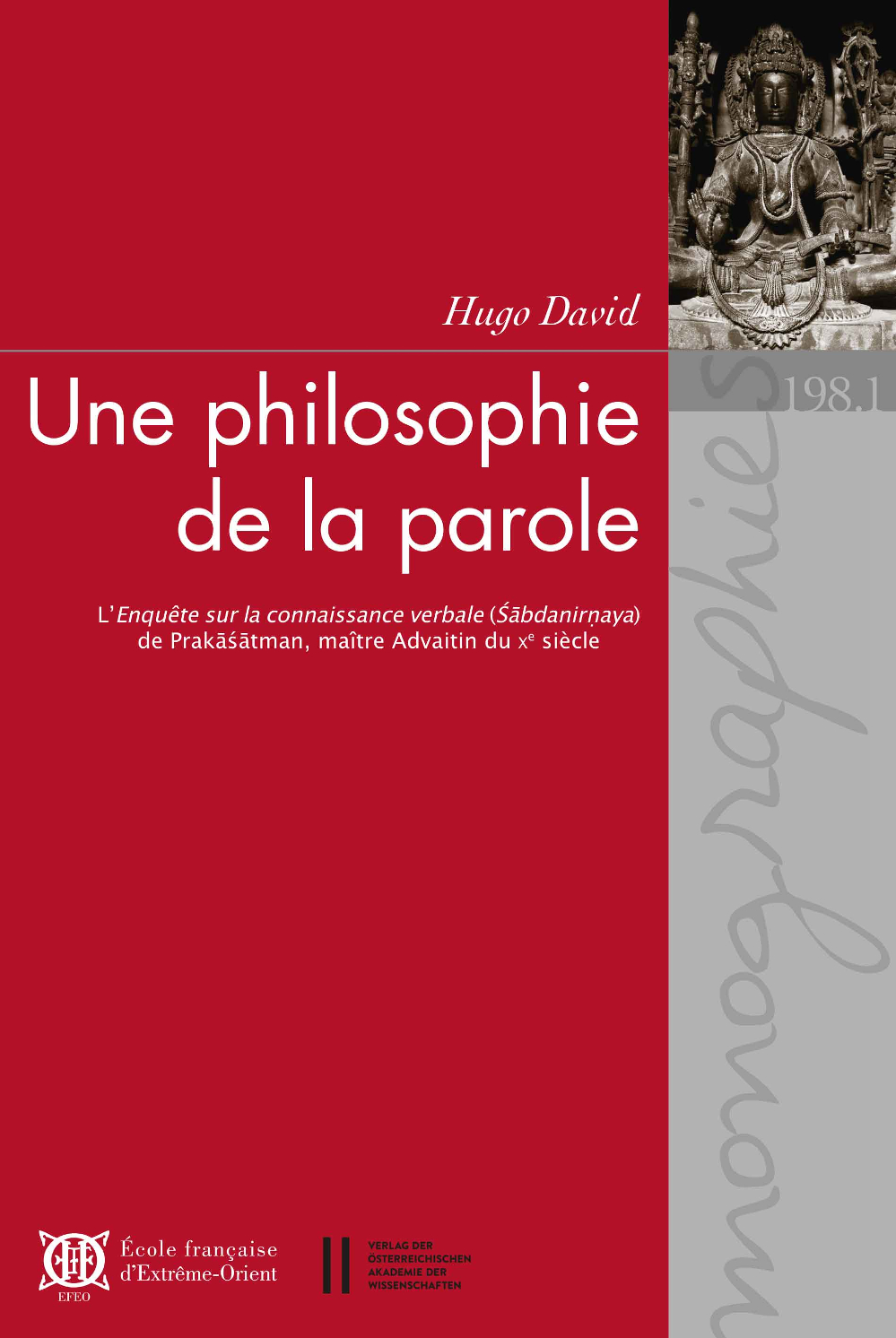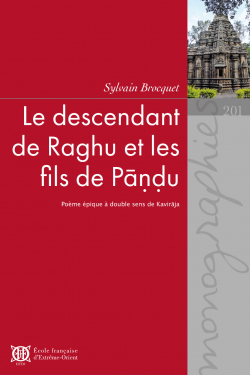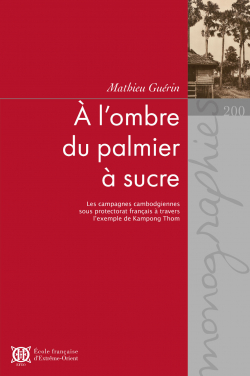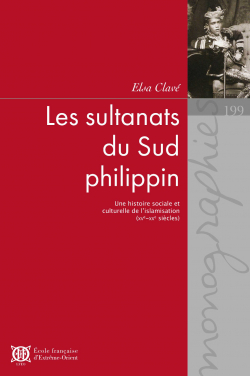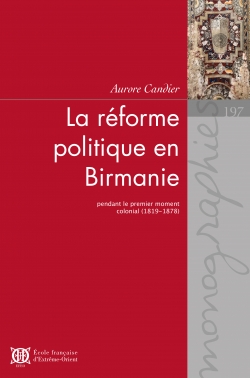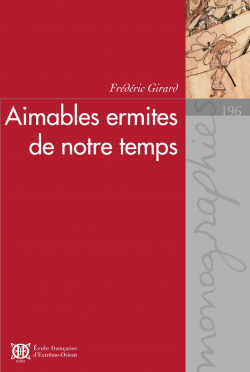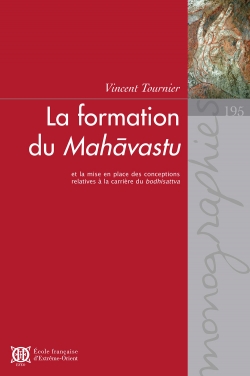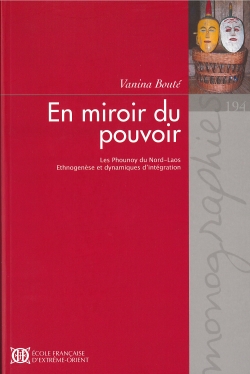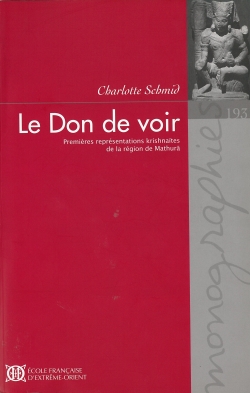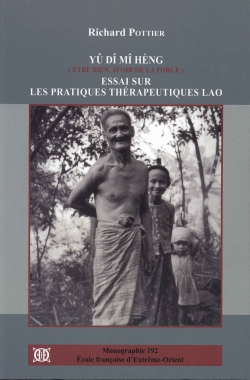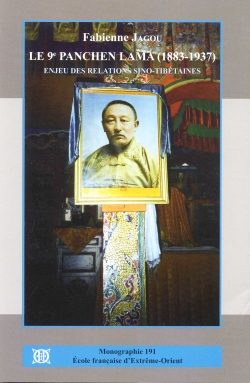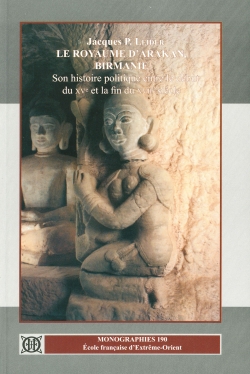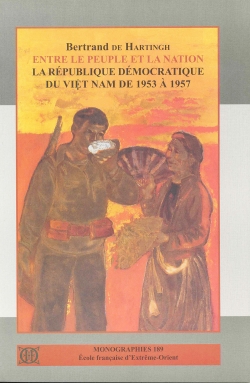The catalog of EFEO Publications includes works on a wide range of disciplines in the humanities and social sciences (archaeology, history, anthropology, literature, philology, etc.), centered on Asia, from India to Japan.
These publications address both specialists, and a wider public interested in Asian civilizations and societies.
Une philosophie de la parole
L’Enquête sur la connaissance verbale (Śābdanirṇaya) de Prakāśātman, maître advaitin du Xe siècle
Collection : Monographies / PEFEO
Collection's number: 198
Edition: EFEO
Publication date: 2020
Status : Available
65,00 €
ISBN-13 : 9782855393124
ISSN : 1269-8326
Width : 16 cm
Height : 24 cm
Weight : 1.83 kg
Number of pages : 891
Distributor : EFEO Diffusion
Geography : India
Language : French
Place : Paris
Support : Papier
Description :
Monography,16 x 24 cm, XII + 879 p., 2 volumes, paperback, French
Abstract
This book investigates the beginnings, in the 10th century CE, of an autonomous reflection on language in the “non-dualist” trend of Brahmanical exegesis (Advaita-Vedānta), inaugurated in the 8th century by Śaṅkara. Its starting point is the detailed study of the most ancient text of that tradition exclusively devoted to linguistic philosophy: Prakāśātman’s Inquiry into Verbal Knowledge (Śābdanirṇaya), critically edited and translated here for the first time. The text and its translation are followed by a new edition of its only known Sanskrit commentary by another famous Advaitin, Ānandabodha (11th century). A preliminary study, historical as well as philosophical, introduces some key concepts, and situates this seminal work at the crossroads between two lines of history: that of the non-dualist movement after Śaṅkara (“classical” or “late” Advaita) and that of linguistic traditions in medieval India. On this basis, an attempt is made to understand why one of the most illustrious non-dualist thinkers chose to engage in an entirely new reflection on language, virtually unknown to his predecessors, thereby breaking new ground for what would become the typical Vedāntic reflexion on meaning and interpretation. This approach, centred on hermeneutics rather than doctrine, allows one to understand how philosophy of language came to occupy a prominent position in later Advaita, as the cornerstone of a “system” where Being, however immediate, presents itself through the medium of Sacred Speech.
Table of contents
Notes
Émile Sénart Award 2022
